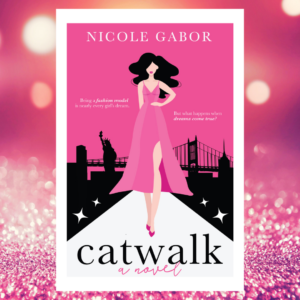[responsivevoice_button buttontext=”Listen”]
🌟🌟🌟🌟
A continuation of the author’s earlier work, this book picks up exactly where “Till Death We Do Part” left off.
As our hero, Pablo, (our somewhat-reliable narrative voice), a smart, sensitive man, now in his late fifties, continues his struggle to accept his sudden and bitter divorce from Delilah, his wife of thirty years, he is, for all intents and purposes, stuck in a vicious and self-destructive emotional rut.
Unable to let go, and unable to move on, continuing to profess love for Delilah (who seems to have finally settled into a much less volatile, and perhaps comfortably healthy place with her feelings), Pablo must find a way to reconcile his betrayal and angst, not least of which for the sake of their four children and many grandchildren.
In many ways, Pablo is a frustrating and challenging character, – intelligent enough to always find a way to rationalize his bizarre and often ill-conceived behavior – he is seemingly incapable of letting a relationship end, with a communication pattern that has settled into a deeply-etched groove of “accusative, tediously repetitive and verbose” messages, notes, texts, emails and cards – with minimal ability to hear anything he is not hard-wired to accept.
Until he meets “Hellion”, a fifty two year old fellow-dancer, who is (as Pablo repeatedly points out) gorgeous and fit, albeit with an increasingly visible edge that is blunt, surprising, theatrical and driven by impulse (to this reader, she also immediately reads as cold, controlling, and narcissistic).
Pablo, unable to believe his luck in attracting the interest of such a babe, is finally on a path to moving on.
Or is he?
Without giving the plot away, (no spoilers here) suffice it to say that this story is in many ways reminiscent of Book One, – so much so, in fact, that it was difficult for this reader to engage with Pablo and his plight to the same emotional level that was possible in our first meeting between the pages.
A well-written and clever expose on relationship psychology, patterns of connection, and the emotional blinders we all bring to love and attachment – there is definite irony in Pablo’s observation, (as he seeks another intellectualization to explain the hurtful rejection implicit in his love’s behavior), that “some people have the same recurring problems in one relationship after another, to the extent that there is an observable repeating pattern to it, carrying hurt and disappointment from the past to their current relationship without ever dealing with it or releasing it”.
Wise words, that unfortunately, for this relationship-battered protagonist, fail to hit an internal mark where they might actually do some good.
A great big thank you to the author for an ARC of this book. All thoughts presented are my own.



